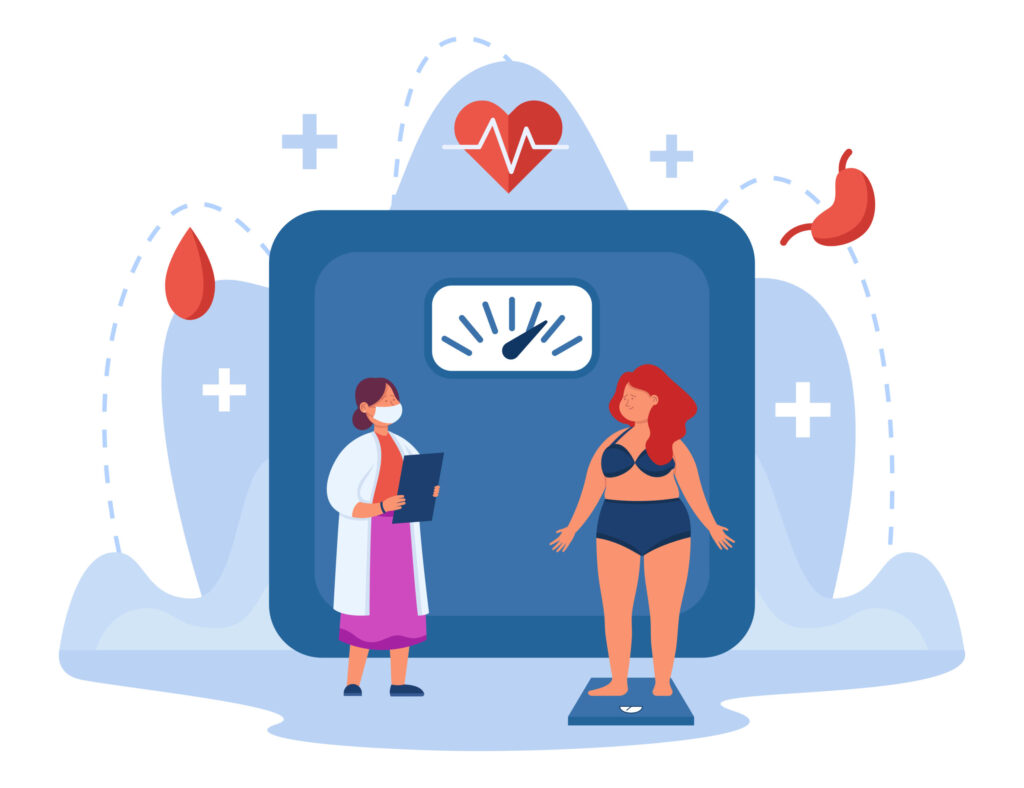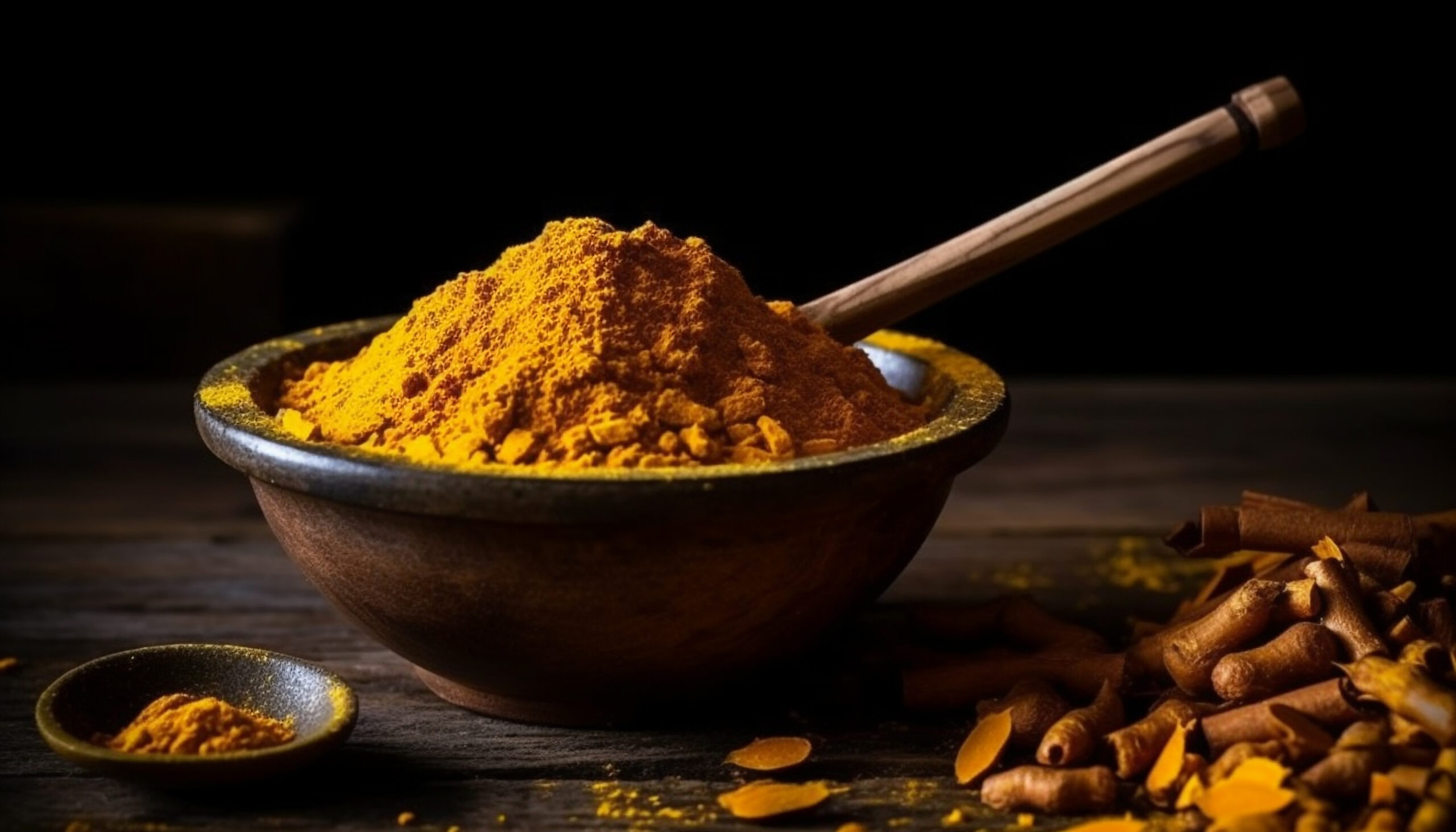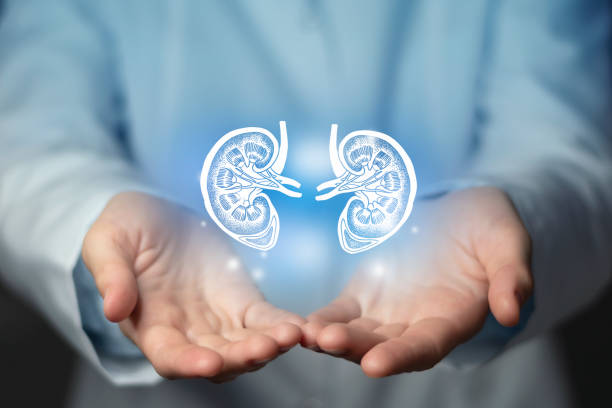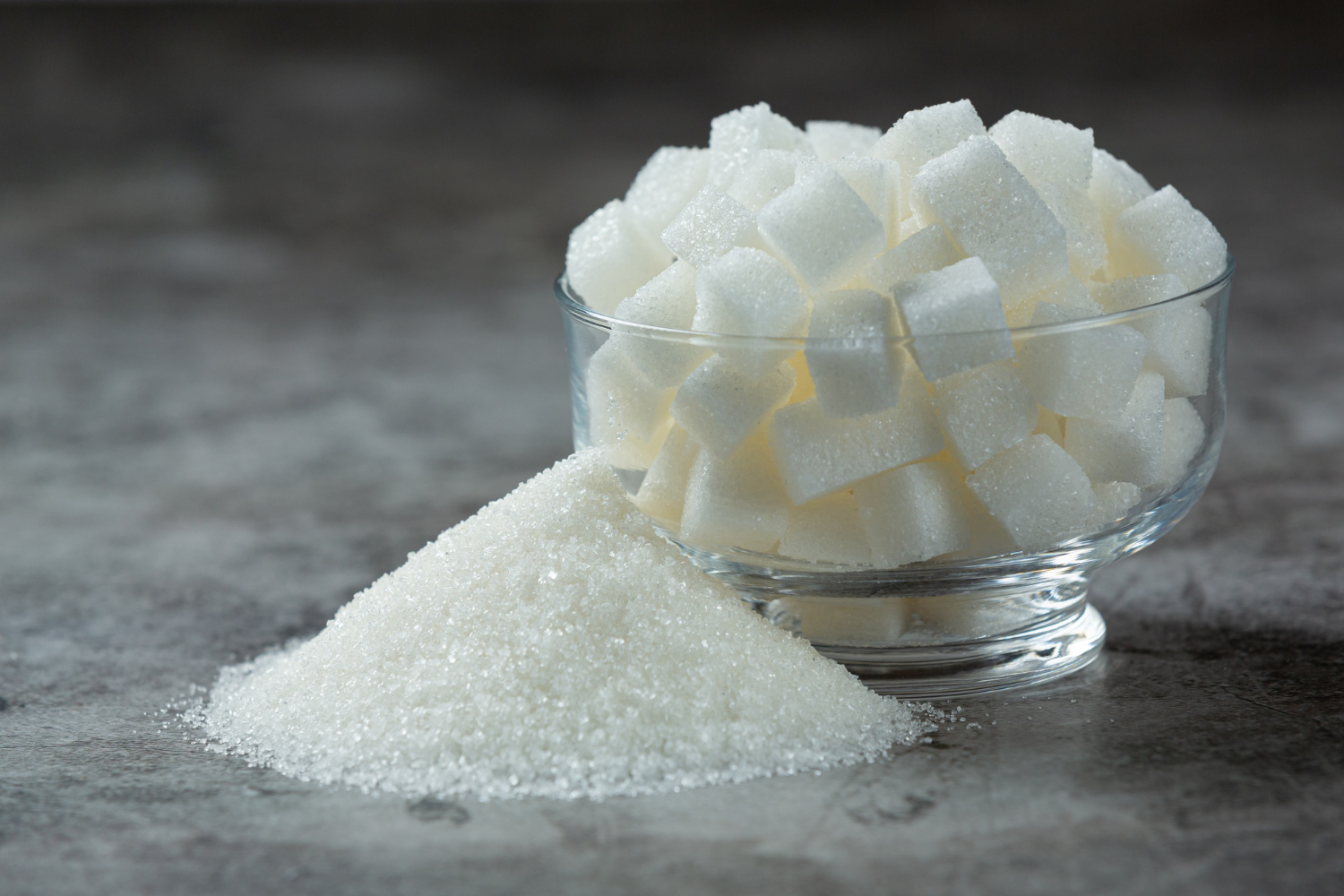Is your weight suddenly going up? A hidden reason could be a deficiency of Vitamin B12. Low B12 slows down your metabolism, making it harder to burn calories. Learn how to spot the signs of Vitamin B12 deficiency and discover the foods that can help you meet your daily B12 needs.

Is Your Weight Going Up Suddenly? Vitamin B12 Deficiency Might Be the Hidden Reason
In our busy modern lives, sudden weight gain has turned into a common struggle for many. Most people blame junk food, stress, or lack of exercise. While these factors matter, there’s another surprising reason behind unexplained weight gain—Vitamin B12 deficiency. Often ignored, this small nutrient plays a big role in how our body processes fat and maintains energy.
Dr. Surender Kumar, an MBBS and a well-known general physician from New Delhi, highlights that a shortage of Vitamin B12 hampers the body’s fat-burning process. This means your body struggles to convert fat into energy efficiently. As a result, you might find the numbers on the scale climbing even when your eating habits haven’t changed much. Along with weight gain, low B12 also triggers fatigue, frequent weakness, and unexpected mood swings, all of which can further discourage a healthy lifestyle. Interestingly, vegetarians are found to be more prone to this deficiency.
So if you’re putting on weight without any obvious cause, it’s time to look beyond calories and check your Vitamin B12 levels. Here’s everything you should know.
The Link Between Vitamin B12 and Weight Gain
Vitamin B12 is critical for converting the food you eat into usable energy. It helps regulate your metabolism—your body’s engine for burning calories. Without enough B12, this engine starts to slow down, meaning you burn fewer calories even while at rest. Naturally, this can lead to steady and sometimes sudden weight gain.
Moreover, a sluggish metabolism makes you feel low on energy. When you’re constantly tired, you’re less likely to be active or exercise, further compounding the weight problem. Many people mistakenly think they’re gaining weight because of overeating alone, not realizing that a silent B12 deficiency might be making their metabolism crawl.
How to Recognize Vitamin B12 Deficiency
Vitamin B12 deficiency doesn’t always shout for attention—it often whispers through subtle signs. The most common symptoms include constant tiredness even after resting, unexplained weakness, and forgetfulness. You might also notice a tingling or numb feeling in your hands and feet, or see your skin turning unusually pale.
When these symptoms come hand in hand with unexplained weight gain, they often point toward low B12 levels. If you identify with these signs, don’t ignore them. A simple blood test recommended by your doctor can quickly confirm whether you need to boost your B12.
Why Vegetarians Face More Trouble
Unlike many other vitamins, Vitamin B12 is found almost exclusively in animal-based foods. Eggs, fish, meat, and dairy are rich sources. Because of this, vegetarians—and especially vegans—often have a harder time meeting their B12 needs through diet alone.
If you’re a vegetarian, it’s crucial to focus on dairy products like milk, yogurt, and paneer. Additionally, seek out foods fortified with B12, such as breakfast cereals or plant-based milks. Paying extra attention here can help you avoid deficiency and keep your metabolism running smoothly.
Best Sources of Vitamin B12
To naturally maintain healthy B12 levels, fill your plate with foods rich in this vitamin. Non-vegetarians can rely on eggs, salmon, chicken, and lean meats. For vegetarians, milk, yogurt, and cheese are excellent choices. Don’t overlook fortified foods like cereals, soy milk, and nutritional yeast—they can be valuable B12 boosters in a vegetarian diet.
Adding a mix of these items to your daily meals ensures your body gets enough of this crucial nutrient, helping keep your energy levels stable and your weight in check.
Should You Take Supplements?
Sometimes, diet alone isn’t enough, especially if tests show you’re severely deficient. In such cases, doctors may prescribe Vitamin B12 supplements or even injections. Always consult your healthcare provider before starting any supplement. For milder deficiencies, adjusting your diet often does the trick.
Other Tips to Manage Your Weight
Fixing your B12 deficiency is just one part of the picture. Regular exercise, getting enough quality sleep, and managing stress are equally important for maintaining a healthy weight. Make it a habit to eat balanced meals rich in protein, avoid sugary and processed foods, and keep your hydration levels up. These simple habits can make a world of difference to your waistline.
Disclaimer:
This article is meant for general awareness. It does not replace professional medical advice. Always consult your doctor for personalized guidance. NBT does not take responsibility for the accuracy or effects of this information.
Also Read:
- Summer Heat May Spike Heart Attack Risk by 233%
- Health: Control Anger, Fear & Joy, Beat Amygdala Hijack
- Lemon, Amla, Guava: Which Has Most Vitamin-C?
Author

Anaya M.
Anaya M. is a health and fitness writer at InsightIndia.in, dedicated to making wellness simple and accessible. With a keen interest in healthy living, nutrition, and fitness trends, she crafts practical and informative articles that empower readers to lead healthier lifestyles every day.
















